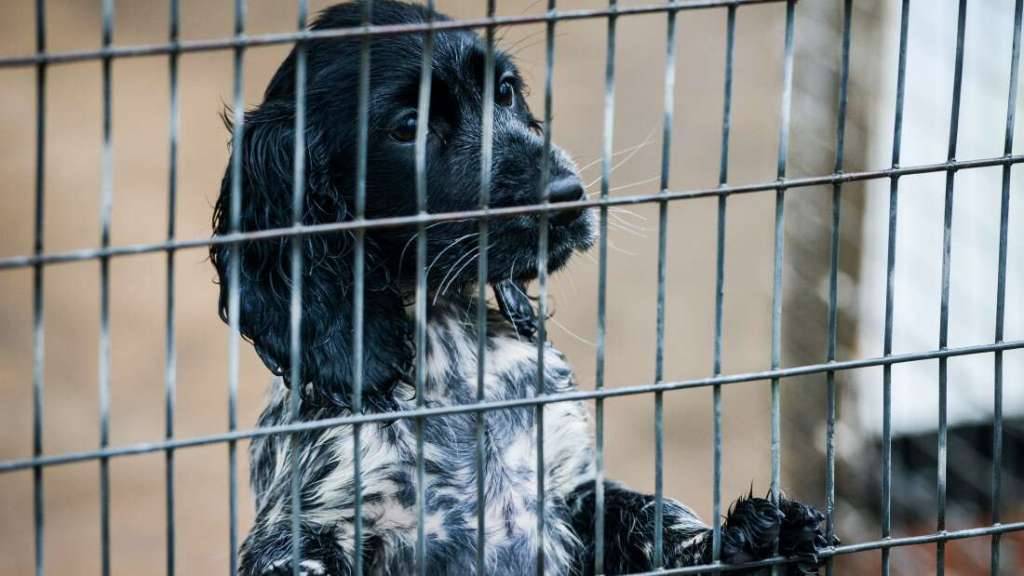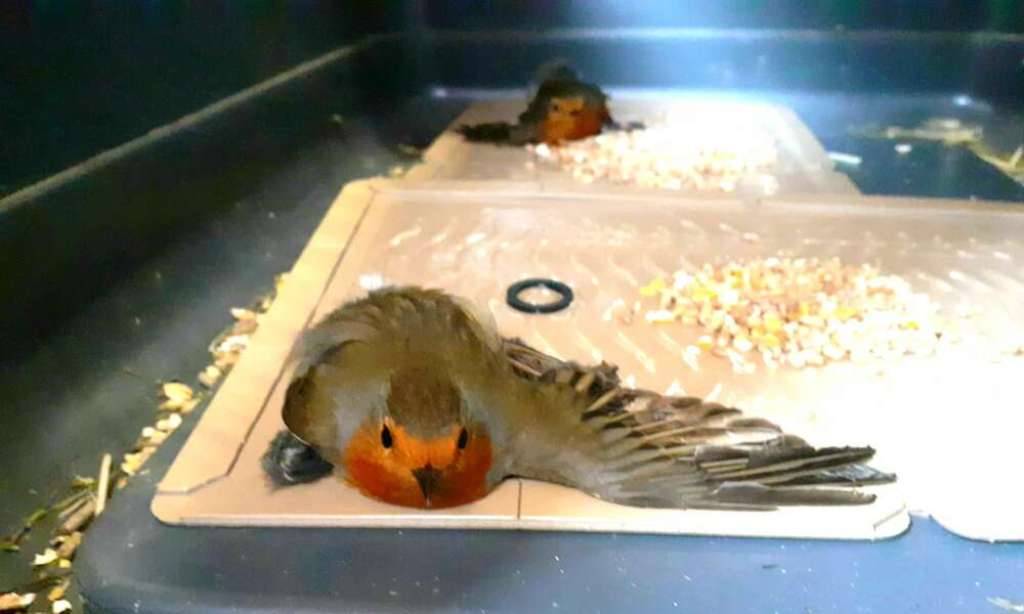
50 animal charities have inspired the UK Government to seize a “once in a generation” opportunity to redefine the country’s relationship with animals. The unprecedented coalition formed to make actionable changes to legislation relating to animal welfare issues in a report entitled “Action For Animals”. The report will inform policy changes and provide resources to public authorities so that laws surrounding the trade, treatment, and protection of animals can be enforced and maintained.
The Government will now have to consider all animals as sentient beings, with an Animal Sentience Committee (to be made up of animal experts) to hold Ministers to account for welfare breaches. The issue of sentience is a crucial concept underpinning the report’s 40 recommendations, which call for better treatment of farm animals, pets, and wildlife.
The changes will be introduced to the country via a series of bills laying out the protections afforded to animals in the UK and abroad, including largely stopping the export of live animals and the import of products from trophy hunting. The report also calls for fairer space requirements for farm animals in small cages and stop people from owning primates as pets, whose special needs are greater than most UK homes can provide. A recent emailed press release from the RSPCA demonstrated how primate species are still being mistreated in this way as a group of marmosets were surrended to the charity when the owner accepted they couldn't meet the animals' needs.
“The Covid pandemic has laid bare the inextricable link between people, planet, animals, food and health,” said Chris Sherwood, Chief Executive of the RSPCA in a release emailed to IFLScience. “We are more aware than ever how the way we live our lives impacts climate change and biodiversity. There is a growing realisation throughout society that change is urgent and necessary. Brexit means we are in a position for the first time in nearly 50 years, to set our own trade policy and animal welfare standards for the food we import.”

“Piecemeal legislation is no longer an option; we need the Government to provide a clear vision and direction for animal health and welfare through a cohesive and comprehensive new strategy. From right across the animal welfare sector, we have come together to amplify our voices on behalf of animals.”
The change in legislation will require the Government to allow local authorities the resources needed to enforce change. Breaches such as illegal puppy sales and compulsory microchipping of pets will be expensive to keep on top of, and additional funding must be given accordingly.
“Previous legislation, such as equine identification in 2009, has not worked because they were neither mandatory for the local authority to enforce them nor were funds made available to them for enforcement,” said Chris Burghes, CEO Blue Cross in the release. “Legislation is a glorified piece of paper without enforcement and a wasted opportunity if it doesn’t deliver its objectives. Local Government need additional resources to fulfil their statutory obligations. Effecting sustainable change is hard and we want all legislation, new and existing to work.”
A statement on the GOV.UK website also explains that future legislation will recognize the links between animal welfare and the climate crisis, in changing future farming policy in a way that could benefit the planet. The Government will pay farmers to improve their animal health and welfare practices, in turn reducing carbon emissions and slowing the rise of antimicrobial resistance.
Source - https://www.iflscience.com/











